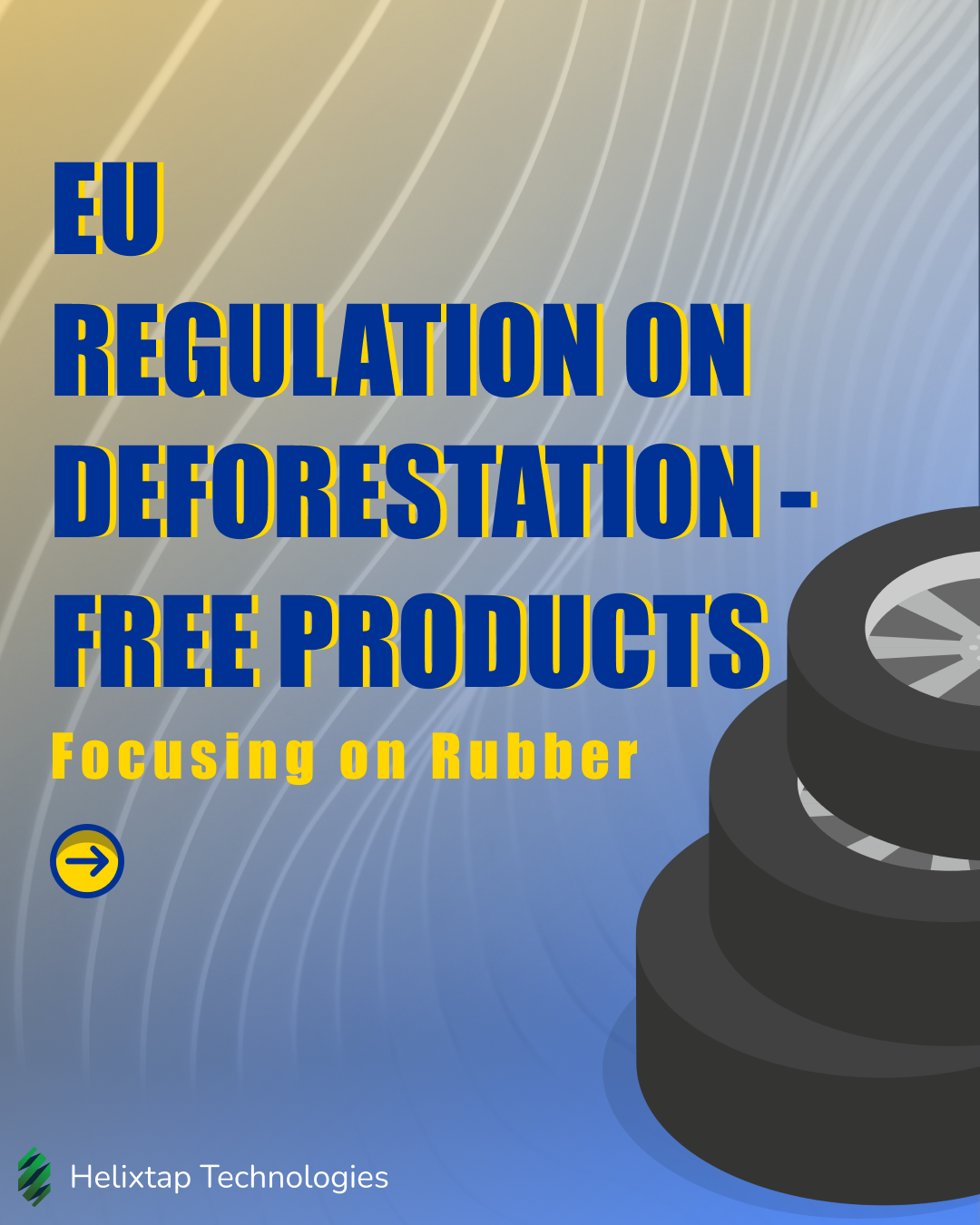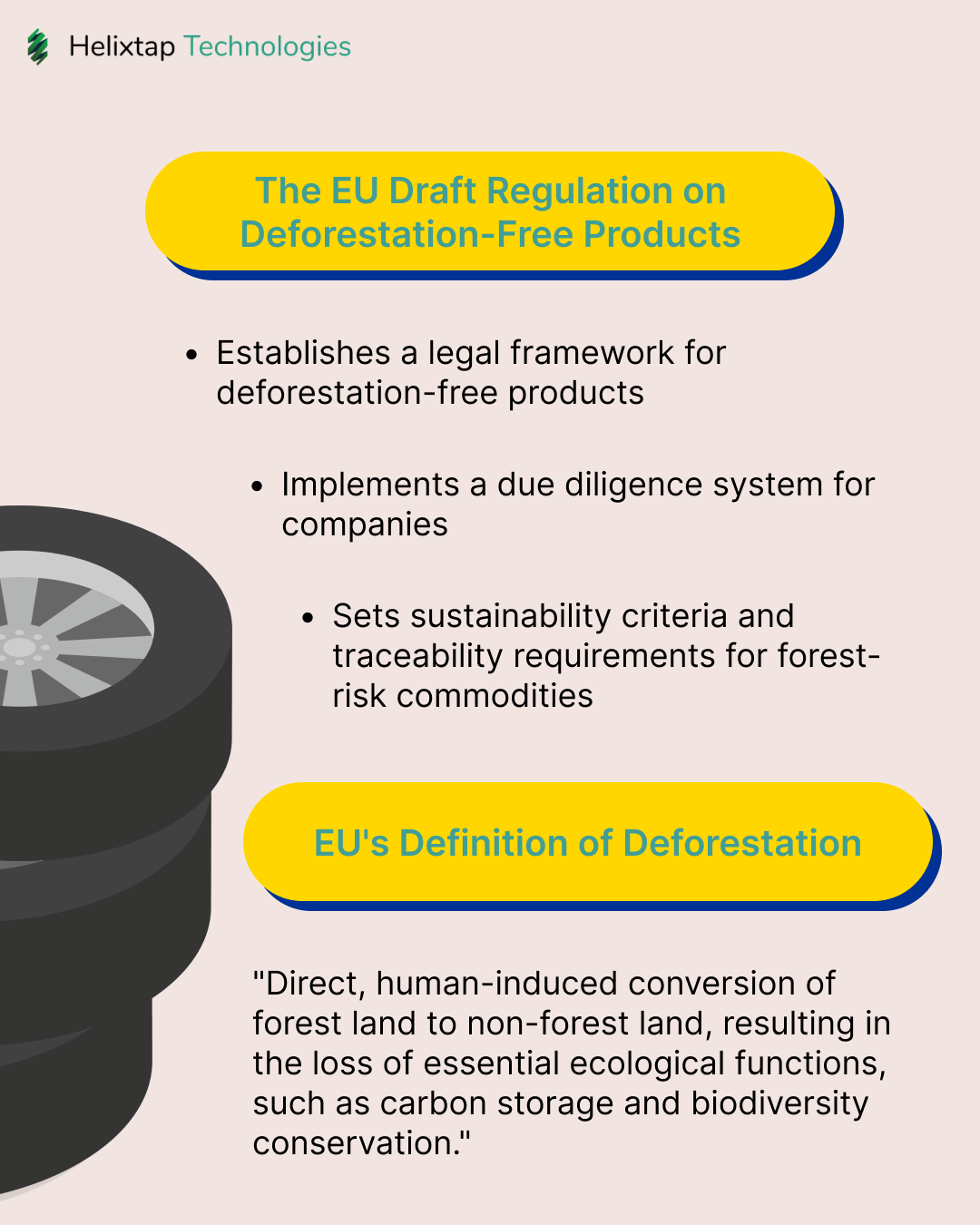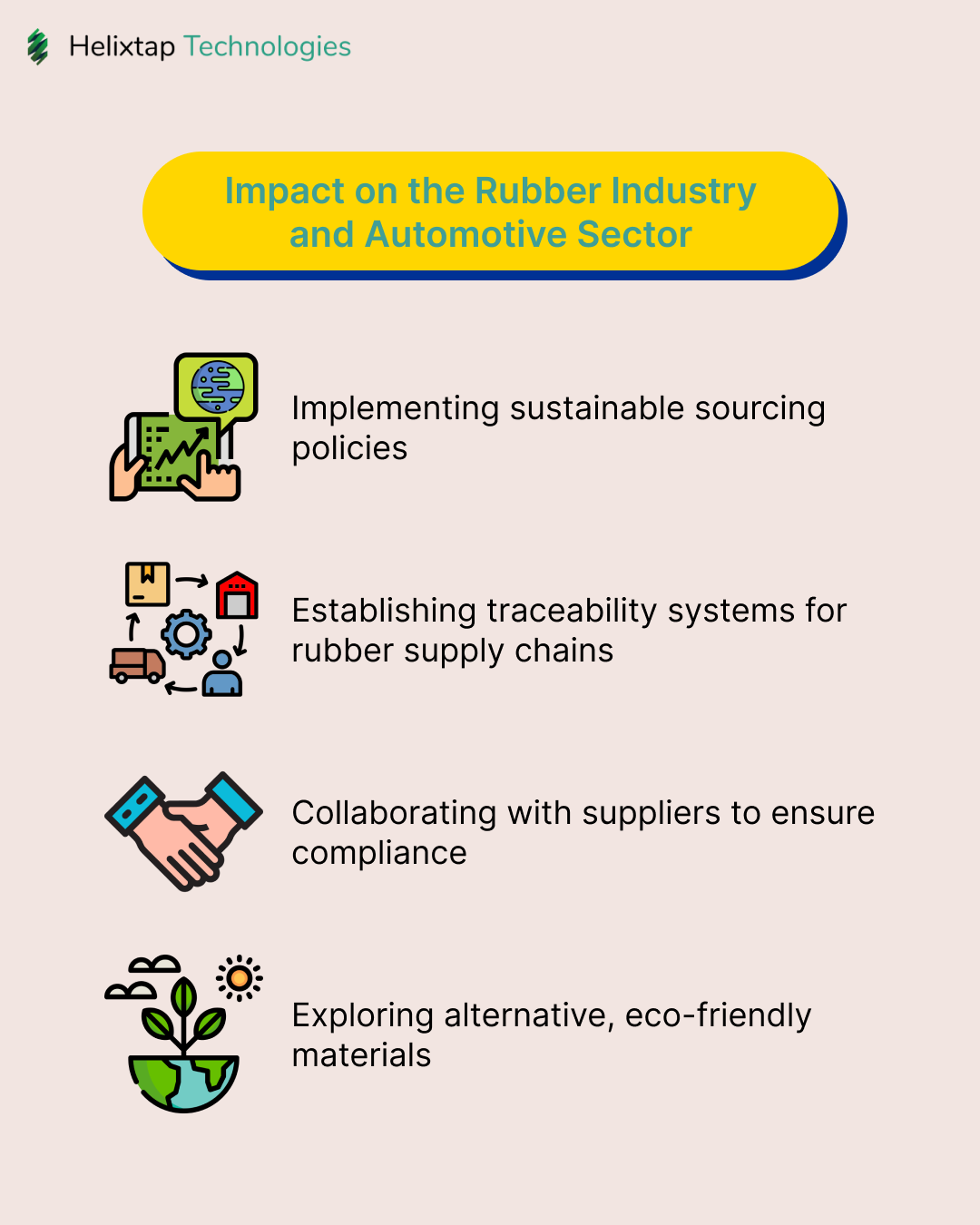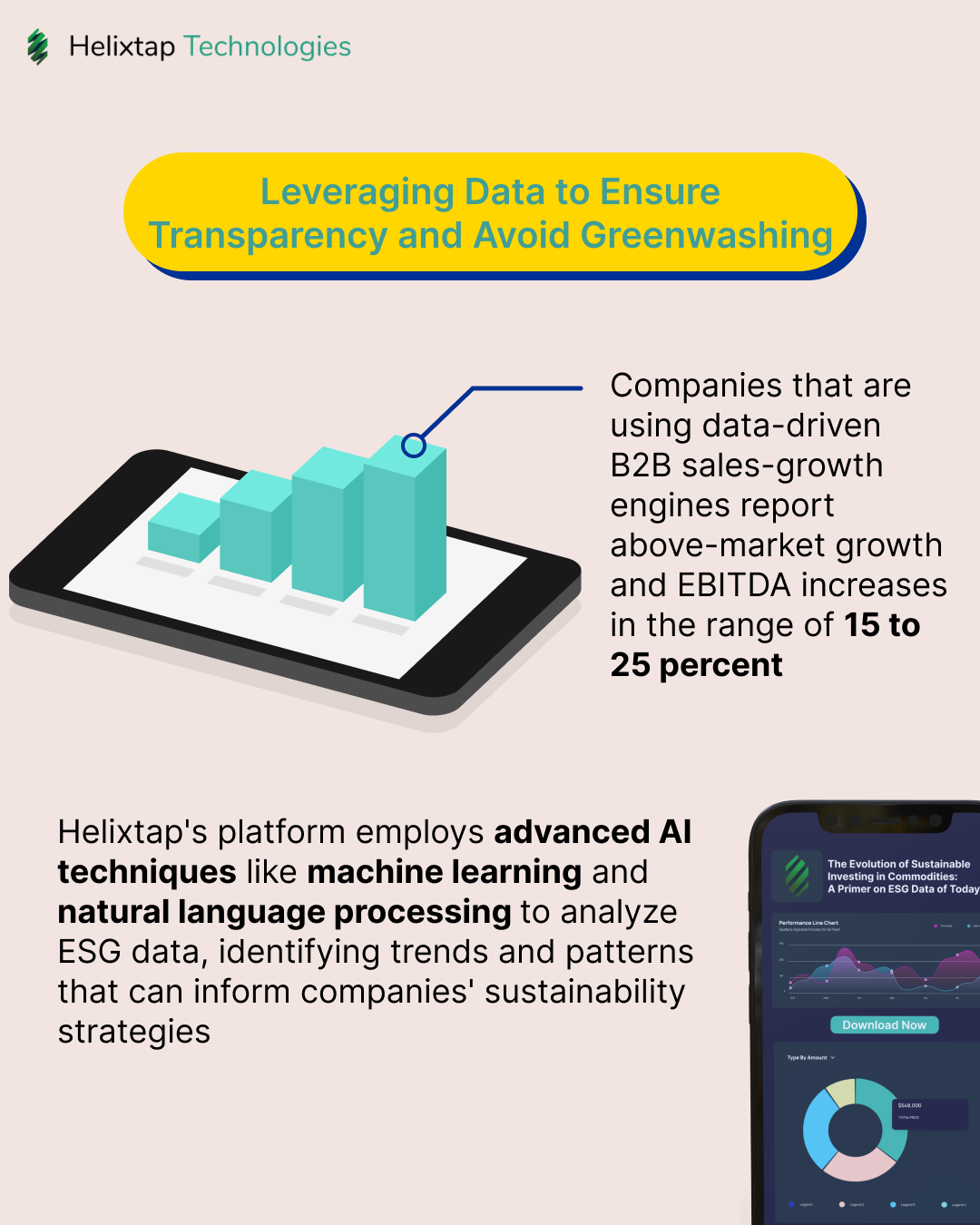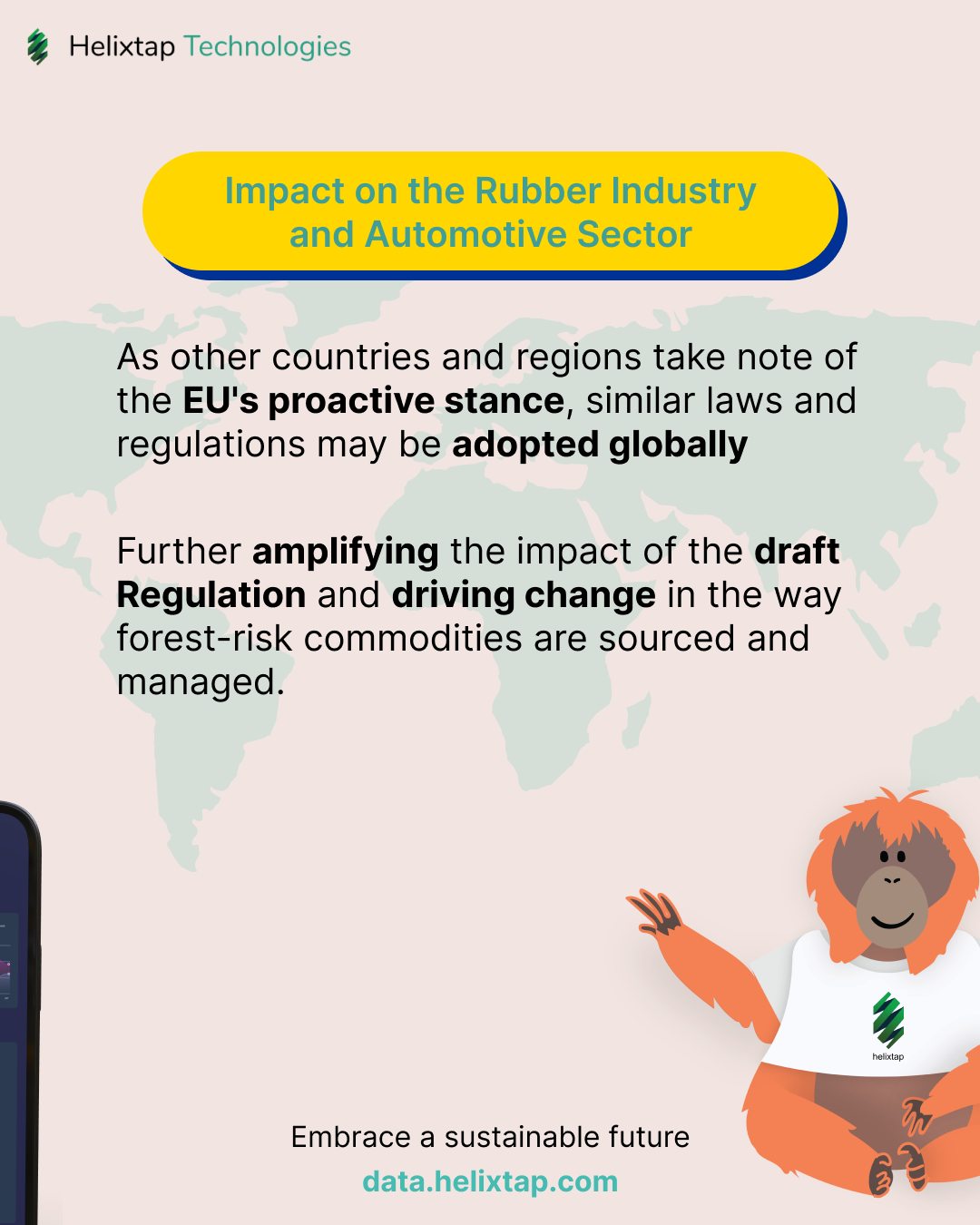The European Union (EU) has introduced a draft Regulation on deforestation-free products, targeting forest grown commodities, including rubber, which is a critical component in the automotive industry. In this blog post, we will explore the EU’s draft Regulation, its definition of deforestation, the steps automotive companies are taking to meet the regulation, how companies can use data to avoid greenwashing, and the potential global impact of Europe’s deforestation law.
The EU draft Regulation on deforestation-free products aims to establish a legal framework to ensure that products entering the EU market are not linked to deforestation or forest degradation. This draft Regulation includes a due diligence system that requires companies to assess and mitigate the risk of deforestation in their supply chains. It also establishes a set of sustainability criteria and a traceability system for forest-risk commodities, such as rubber.
The EU’s definition of deforestation encompasses the direct, human-induced conversion of forest land to non-forest land, resulting in the loss of essential ecological functions, such as carbon storage and biodiversity conservation. Forest degradation, on the other hand, refers to the persistent decline in the ability of a forest to provide these ecological functions, without necessarily leading to complete deforestation.
Automotive companies, which rely heavily on rubber for tire production, are increasingly adopting sustainable practices to meet the requirements of the EU draft Regulation. Some of the measures being taken include implementing sustainable sourcing policies, establishing traceability systems for rubber supply chains, and collaborating with suppliers to ensure compliance with the regulation’s criteria. Additionally, automakers are exploring the use of alternative, eco-friendly materials to reduce their dependence on natural rubber.
To ensure transparency and avoid greenwashing, companies are turning to data-driven solutions to monitor and report on their sustainability efforts. By leveraging accurate and comprehensive ESG data, businesses can demonstrate their commitment to responsible practices and avoid the risk of being accused of making false or misleading claims about their environmental impact. Helixtap’s data-driven platform, for instance, provides invaluable insights into rubber supply chains and sustainability practices, helping companies make informed decisions and maintain credibility in their efforts to combat deforestation.
Europe has long been a trendsetter in environmental legislation, and the draft Regulation on deforestation-free products is no exception. The EU’s efforts to address deforestation and promote sustainable practices in the commodities market are likely to have a ripple effect on the rest of the world. As other countries and regions take note of the EU’s proactive stance, similar laws and regulations may be adopted globally, further amplifying the impact of the draft Regulation and driving change in the way forest-risk commodities are sourced and managed.
In conclusion, the EU’s draft Regulation on deforestation-free products is poised to have a significant impact on the rubber industry and the automotive sector. By embracing sustainable practices, leveraging data-driven solutions like Helixtap’s platform, and fostering global collaboration, companies can navigate the road to compliance and contribute to a more sustainable future for the planet.
